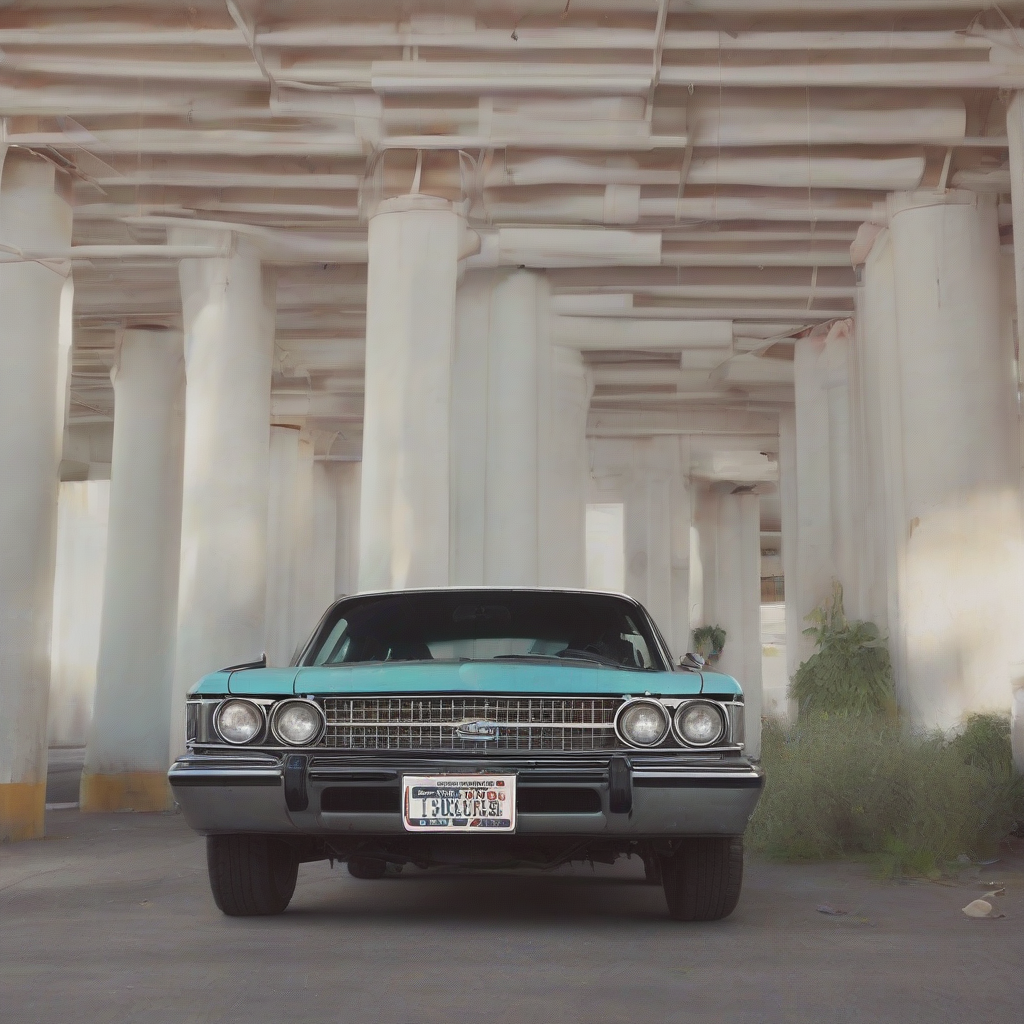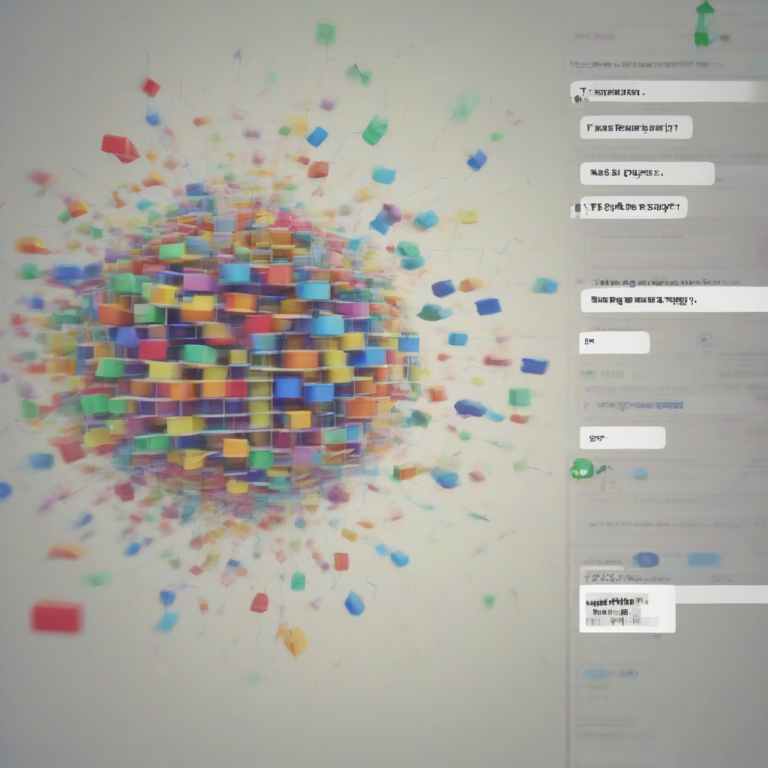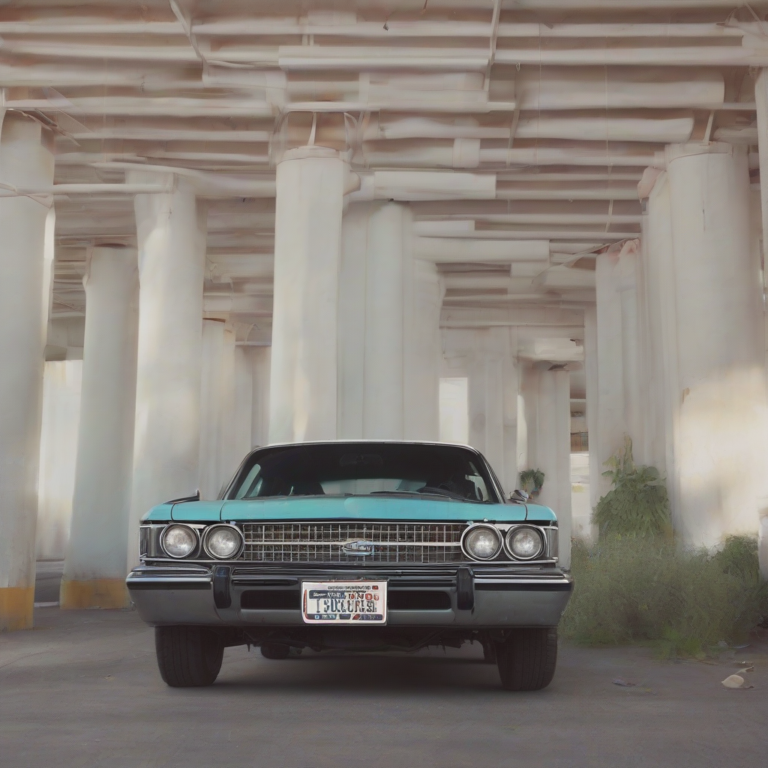
Donate Your Car Sacramento: A Comprehensive Guide to Charitable Vehicle Donations
Considering donating your car in Sacramento? It’s a rewarding way to declutter your life, help a worthy cause, and potentially receive a tax deduction. This guide provides a detailed overview of the process, from choosing the right charity to understanding the tax implications.
Choosing the Right Charity
Before you donate, research organizations operating in Sacramento that accept vehicle donations. Consider these factors:
- Mission Alignment: Choose a charity whose mission resonates with you. Do you want to support animal welfare, environmental protection, medical research, or another cause?
- Reputation and Transparency: Research the charity’s reputation using resources like Charity Navigator or GuideStar. Look for evidence of financial responsibility and transparency in their operations.
- Vehicle Acceptance Policies: Not all charities accept all types of vehicles. Some may only take running cars, while others may accept vehicles in any condition. Clarify their policies before donating.
- Geographic Reach: Ensure the charity operates in or near Sacramento to facilitate the donation process.
- Pickup Services: Many charities offer free towing services. Confirm if they provide this service in the Sacramento area.
The Donation Process: Step-by-Step
The process of donating your car typically involves these steps:
- Contact the Charity: Reach out to the chosen charity via phone, email, or their website. Provide them with information about your vehicle, including make, model, year, and condition.
- Schedule a Pickup: The charity will schedule a convenient time for them to pick up your vehicle. This usually involves a free towing service.
- Prepare Your Vehicle: Remove all personal belongings from your car before the pickup. This includes documents, valuables, and anything you don’t want to relinquish.
- Sign the Title: You’ll need to sign the title over to the charity. The charity will guide you through the necessary paperwork.
- Receive Confirmation: After the pickup, receive written confirmation from the charity acknowledging the donation. This documentation is crucial for claiming your tax deduction.
Tax Implications of Donating Your Car
Donating a vehicle to a qualified charity can result in a tax deduction. However, there are specific rules and regulations to understand:
- Fair Market Value: The amount you can deduct is the fair market value of your car at the time of donation. This value is determined by researching comparable vehicles using online resources like Kelley Blue Book (KBB) or Edmunds.
- Deduction Limits: There are limits to the amount you can deduct. The IRS sets guidelines, and exceeding these limits can lead to complications.
- Form 8283: If the value of your car exceeds $500, you’ll need to file IRS Form 8283 along with your tax return. This form provides additional details about the donation.
- Record Keeping: Meticulously document the donation process. Keep copies of the title transfer, pickup confirmation, and any other relevant correspondence from the charity. This documentation is vital for substantiating your tax deduction.
- Consult a Tax Professional: If you have any doubts or concerns about the tax implications, consult a qualified tax professional. They can provide personalized advice based on your specific circumstances.
Alternatives to Direct Donation
If donating directly to a charity isn’t feasible, consider these alternatives:
- Selling and Donating Proceeds: Sell your car privately or through a dealership and donate the proceeds to your chosen charity. This offers more control over the amount you donate.
- Junkyard Sale: If your car is beyond repair, you might sell it to a junkyard. While you won’t receive a significant amount of money, it’s better than letting it sit unused.
Avoiding Scams and Ensuring Legitimate Donations
Be aware of potential scams related to car donations. Here’s how to protect yourself:
- Verify Charity Registration: Confirm that the charity is registered with the IRS as a 501(c)(3) organization. This ensures it’s a legitimate charitable organization.
- Beware of High-Pressure Tactics: Legitimate charities won’t use high-pressure tactics to persuade you to donate. If you feel pressured, reconsider the donation.
- Check for Excessive Fees: Be wary of charities that charge significant fees for processing your donation. Legitimate charities typically cover the costs of pickup and processing.
- Request Written Confirmation: Always request written confirmation of your donation, including details of the vehicle and the date of pickup. This documentation is crucial for tax purposes.
- Review Online Reviews: Research the charity online and read reviews from other donors. This can provide insights into their practices and reliability.
Specific Sacramento Charities Accepting Car Donations
While a comprehensive list is beyond the scope of this guide, you can easily find Sacramento-based charities accepting car donations by searching online. Use keywords like “car donation Sacramento,” along with the type of charity you wish to support (e.g., “car donation Sacramento animal shelter”). Always verify the legitimacy of any charity before donating.
Preparing Your Vehicle for Donation
To ensure a smooth donation process, take these steps to prepare your vehicle:
- Remove Personal Belongings: Thoroughly clear out the vehicle, removing all personal items, including documents, valuables, and any sentimental items.
- Gather Necessary Documents: Locate your vehicle’s title and registration. These are essential for transferring ownership to the charity.
- Note Vehicle Condition: Be prepared to describe the vehicle’s condition accurately to the charity. This includes any mechanical issues, damage, or missing parts.
- Obtain an Appraisal (If Applicable): If you’re donating a high-value vehicle, consider obtaining a professional appraisal to determine its fair market value for tax deduction purposes.
Understanding Different Types of Vehicle Donations
Different charities may have varying policies on the types of vehicles they accept:
- Running Vehicles: Many charities prefer running vehicles, as these can be sold to generate more funds for their cause.
- Non-Running Vehicles: Some charities will accept non-running vehicles, but they may require additional fees or have a more complex process.
- Damaged Vehicles: Charities may accept vehicles with minor damage, but extensive damage might make them ineligible for donation.
- Motorcycles and RVs: Some charities also accept motorcycles, RVs, and other types of vehicles. Confirm this with the specific charity you’re considering.
The Benefits of Donating Your Car in Sacramento
Donating your car offers numerous benefits:
- Charitable Impact: You directly contribute to a worthy cause, supporting the mission of a charity you believe in.
- Tax Deduction: You may be eligible for a tax deduction, reducing your tax liability.
- Environmental Responsibility: By donating your car, you prevent it from ending up in a landfill, promoting environmental sustainability.
- Convenience: Many charities offer free towing services, making the donation process straightforward and convenient.
- Decluttering: You clear out unwanted space, simplifying your life and property.
Conclusion (Omitted as per instructions)



